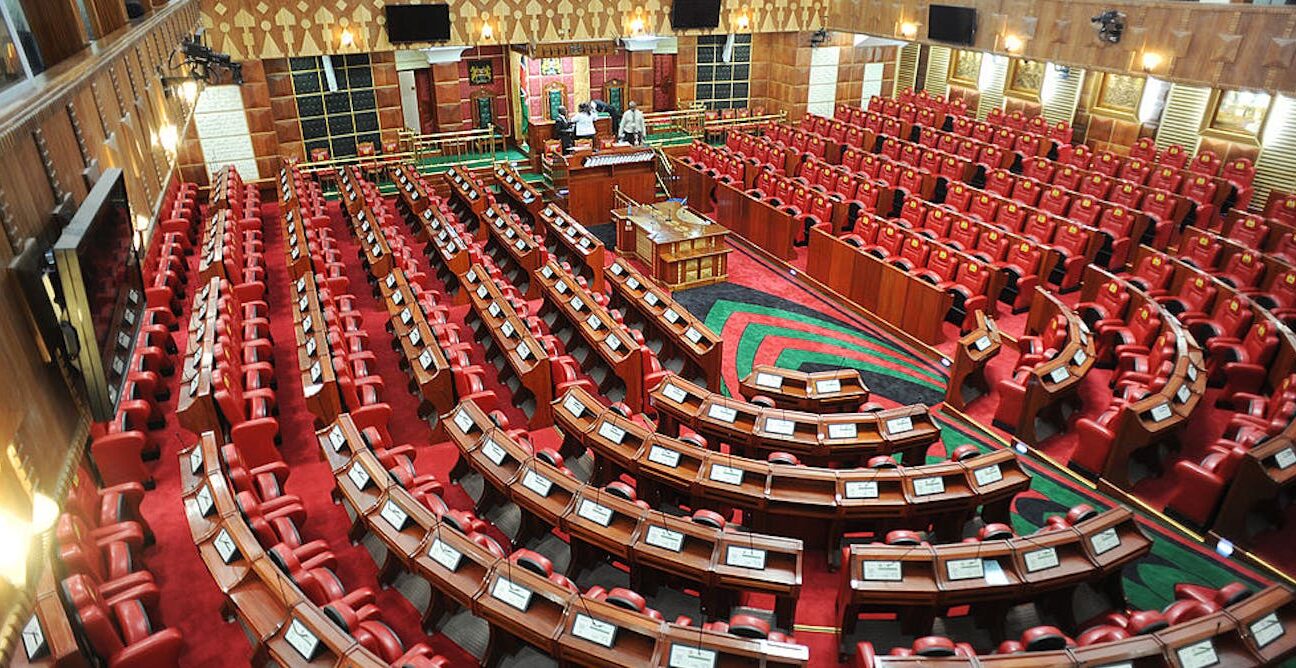In a landmark ruling on February 26, 2025, the Kenyan Court of Appeal reinforced the Salaries and Remuneration Commission’s (SRC) constitutional mandate by upholding the capping of house and sitting allowances for Members of Parliament (MPs). This decision, which dismissed the Parliamentary Service Commission’s (PSC) petition, underscores the importance of fiscal responsibility and adherence to constitutional guidelines in public service remuneration.
Background of the Dispute
The contention began in April 2019 when the PSC unilaterally awarded MPs a monthly house allowance of Ksh 250,000, backdated to October 2018, without seeking SRC’s approval. This move was challenged, leading to a High Court ruling in December 2020 that declared the allowances illegal and mandated the recovery of the disbursed funds within a year. The PSC’s subsequent appeal argued that the SRC had overstepped its mandate by capping sitting allowances and limiting the number of remunerable committee sittings, which they claimed infringed upon parliamentary independence.
Court of Appeal’s Findings
The appellate court, comprising Justices Gatembu Kairu, Francis Tuiyott, and Jessie Lesiit, dismissed the PSC’s appeal, stating that the matter had been resolved through an agreement between the SRC and PSC, formalized in a gazette notice on August 9, 2023. This notice detailed the remuneration and benefits for state officers in the Senate and National Assembly. The court emphasized that while MPs could attend unlimited committee meetings, the SRC had the authority to cap the maximum monthly allowances earned from these sittings. This ensures that while parliamentary operations remain unhindered, public funds are utilized responsibly.
Implications of the Ruling
- Reaffirmation of SRC’s Constitutional Mandate: The ruling solidifies the SRC’s exclusive authority to set and regularly review the remuneration and benefits of all state officers, ensuring a standardized and fiscally sustainable compensation structure across public service.
- Financial Accountability and Recovery: Following the High Court’s directive, MPs are required to refund the Ksh 250,000 monthly house allowances received between October 2018 and December 2020, amounting to approximately Ksh 2.7 billion. This recovery underscores the commitment to uphold the rule of law and ensure public funds are rightfully utilized.
- Parliamentary Independence vs. Oversight: While the PSC argued that capping allowances infringed upon parliamentary autonomy, the court clarified that the SRC’s role is not to limit parliamentary functions but to ensure that remuneration aligns with constitutional and fiscal guidelines. This balance maintains parliamentary independence while promoting accountability.
- Precedent for Future Remuneration Disputes: This judgment sets a significant precedent, indicating that any adjustments to the remuneration and benefits of state officers must undergo SRC’s evaluation and approval, preventing unilateral decisions that could strain public resources.
Broader Impact on Kenyan Fiscal Policy
The court’s decision has far-reaching implications for Kenya’s fiscal policy and governance:
- Promotion of Fiscal Responsibility: By upholding the SRC’s caps on allowances, the ruling aids in controlling the public wage bill, ensuring that government expenditures remain within sustainable limits.
- Strengthening Institutional Oversight: The judgment reinforces the roles of oversight bodies like the SRC in maintaining checks and balances within government operations, promoting transparency and accountability.
- Public Trust and Confidence: Demonstrating a commitment to lawful and prudent financial management can enhance public trust in governmental institutions, showcasing a dedication to serving public interest over personal gain.
The affirmation of the SRC’s mandate by the Court of Appeal marks a pivotal moment in Kenya’s journey towards transparent and accountable governance. It sends a clear message that constitutional provisions and fiscal prudence take precedence over unilateral actions that may burden the nation’s coffers. As Kenya continues to develop, such decisions are crucial in fostering a culture of responsibility and integrity within public service.





